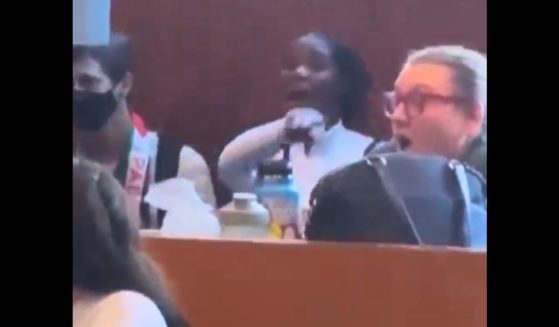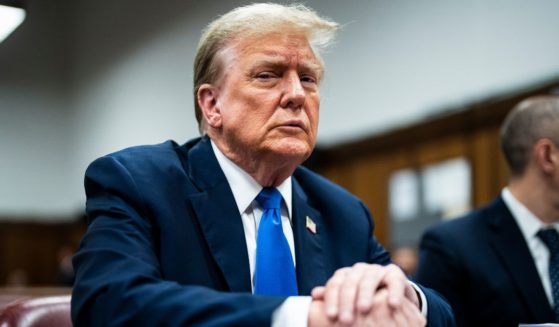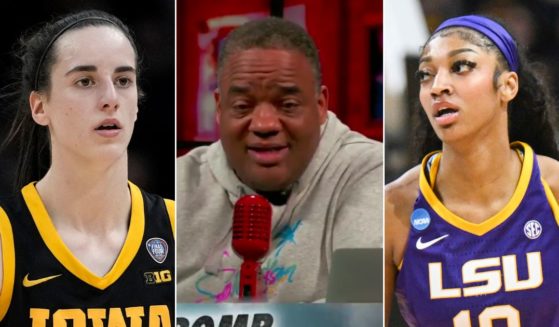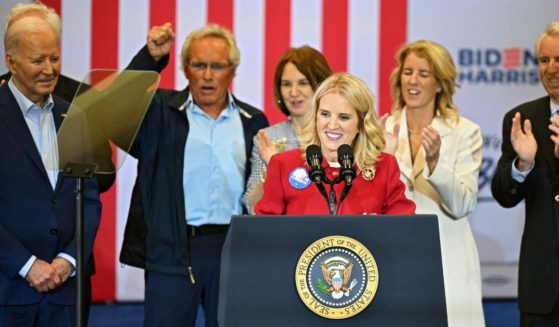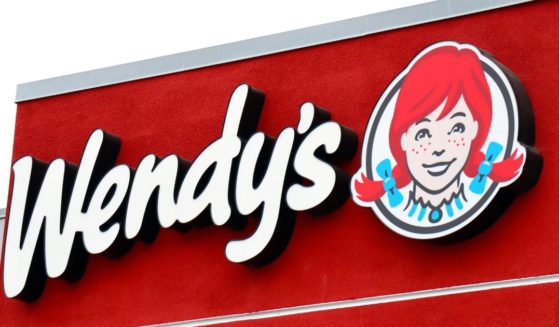Smollett reactions epitomize polarized state of US politics
Democratic politicians and celebrities called it a shocking instance of Trump-era racism and hate. Republicans now depict it as yet another example of liberals and mainstream media rushing to judgment while disparaging the president’s supporters as bigots.
The case of “Empire” actor Jussie Smollett encapsulates the polarized state of political discourse in America.
With Smollett now accused of staging a racist, anti-gay attack on himself , the case seemed to inflame political tensions even more while creating potentially damaging consequences for genuine hate crime victims in the future.
“The danger is that it will cause people to respond with skepticism whenever they hear reports of hate violence, even though the overwhelming majority of those reports are completely true,” said Shannon Minter, legal director of the National Center for Lesbian Rights.
Smollett, who is black and gay, is accused of filing a false police report last month asserting that he was attacked in Chicago by two men who beat him, targeted him with slurs, and yelled “This is MAGA country” — an apparent reference to President Donald Trump’s “Make America Great Again” slogan.
Democratic presidential candidates Kamala Harris and Cory Booker were among those who sided with Smollett early on and called the incident a “modern-day lynching.” They soon found themselves under attack from the right as Smollett’s story began to fall apart.
Trump initially called reports of the attack “horrible.” On Thursday, he tweeted, “what about MAGA and the tens of millions of people you insulted with your racist and dangerous comments!?”
Harris tweeted Thursday that she was “sad, frustrated and disappointed” at Smollett’s alleged staging of the attack.
Editor and commentator Jarrett Stepman of The Daily Signal, an online publication of the conservative The Heritage Foundation, faulted left-of-center pundits and politicians for seizing immediately on Smollett’s claims in a bid to score political points.
“Instead of just treating this as a serious crime, it was used as a political bludgeon to malign large swaths of Americans,” he said. “There was a rush to find a story to attack half the country.”
However, Stepman said he shared concerns that the case might have unfortunate consequences for real victims who deserve support and compassion.
“Heinous hate crimes do exist in this country, but it’s the ‘boy who cried wolf’ thing,” Stepman said. “People become cynical, and that’s not a healthy thing for American society.”
Chicago Police Superintendent Eddie Johnson had a hard time holding back his frustration over the allegation that a gay black man like Smollett would concoct such a story given the real struggles in the city with racial divisions and hate crimes.
He expressed similar concerns about how hate crimes are handled in the future because of this case while recognizing how his city became a participant in a national political debate.
“Celebrities, news commentators and even presidential candidates weighed in on something that was choreographed by an actor,” said Johnson, who is black and grew up in Chicago.
In the debate over the Smollett case, critics of Trump have pointed out that hate crimes have soared since his election, but the statistics are nuanced.
The most recent official figures from the FBI show that there was a 17 percent spike in hate crimes in 2017. But that data isn’t complete because it’s based in part on voluntary reporting by police agencies across the country.
Non-government researchers have come up with a variety of findings. The Center for the Study of Hate and Extremism in Cal State San Bernardino looked at hate crimes in the nation’s 10 biggest cities and found a 12 percent increase in 2017. There were similar annual increases during the Obama administration.
Shannon Minter said hate crimes already are underreported, and worried that the Smollett case would aggravate that problem.
However, Minter said he was heartened by some recent moves across the political spectrum to address racism and hate violence. He cited efforts by the Southern Baptist Convention, a generally conservative denomination, to acknowledge its past legacy of racism.
Robin Valeri, a psychology professor at St. Bonaventure University who has researched hate crimes, said the Smollett case reminded her of the 1987 case involving Tawana Brawley, a black teenager from New York state who falsely alleged that she was abducted and raped by a gang of white men.
“These cases make people skeptical,” Valeri said. “The assumption is going to be, ‘Oh, they’re just making it up.'”
Among the black activists who championed Brawley’s case before it unraveled was civil rights leader Al Sharpton.
Speaking Thursday on MSNBC, Sharpton called the hoax claims against Smollett “horrific” and said the actor, if proven guilty, “ought to face accountability to the maximum.”
Alvin Tillery, a political science professor who directs Northwestern University’s Center for the Study of Diversity and Democracy, said racial hoaxes — including the Brawley case — have a long history in the United States.
“The Smollett case is likely to have an even larger impact on our politics and culture than those infamous hoaxes because of Mr. Smollett’s celebrity status and our deeply troubling political climate,” said Tillery, who is black.
The wall-to-wall media coverage that the case generated also left some people frustrated.
“There’s a lot of racial and anti-Semitic violence in this country that we didn’t even know about,” said Heidi Beirich, who heads the Southern Poverty Law Center’s Intelligence Project. “It outweighs one sensational fake crime.”
The Chicago police chief began his news conference Thursday by acknowledging the throng of reporters in front of him and declaring, “I just wish that the families of gun violence got this much attention.”
___
Check out the AP’s complete coverage of the Jussie Smollett case.
The Western Journal has not reviewed this Associated Press story prior to publication. Therefore, it may contain editorial bias or may in some other way not meet our normal editorial standards. It is provided to our readers as a service from The Western Journal.
Truth and Accuracy
We are committed to truth and accuracy in all of our journalism. Read our editorial standards.






